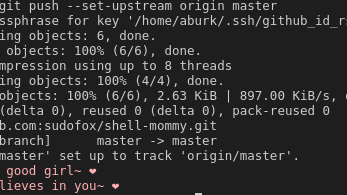

That’s not quite true. Virtualbox is free but the extension pack is not. It says on the website that it’s under a different license.
Just don’t get it from the website but from a distro’s repos instead and you’ll be fine. Distros usually patch out telemetry as well.
But yeah, Oracle and similar schemes are why software installation is so restricted on corporate devices. It’s basically ransomware, freeware that people are willing to sue over.
Edit: it should be noted that charging people for licensed software in a corporate environment is okay. I have heard stories of Oracle making people buy licences for EVERY computer even if only one person downloaded the software…



Did you try meshcentral? It’s a selfnhosted MDM.